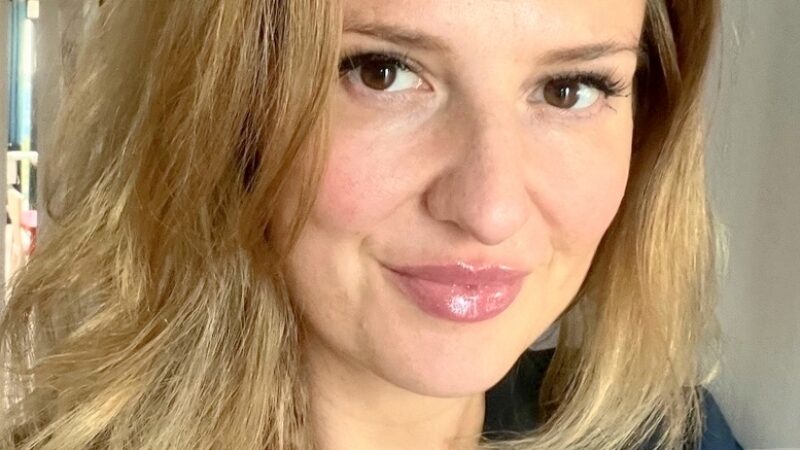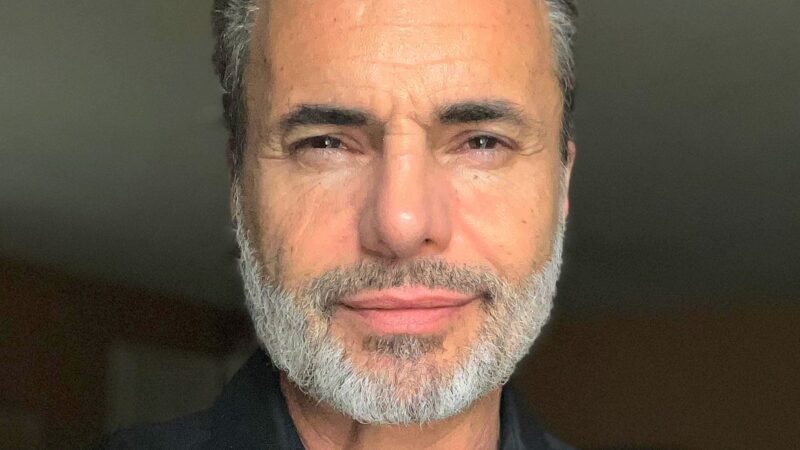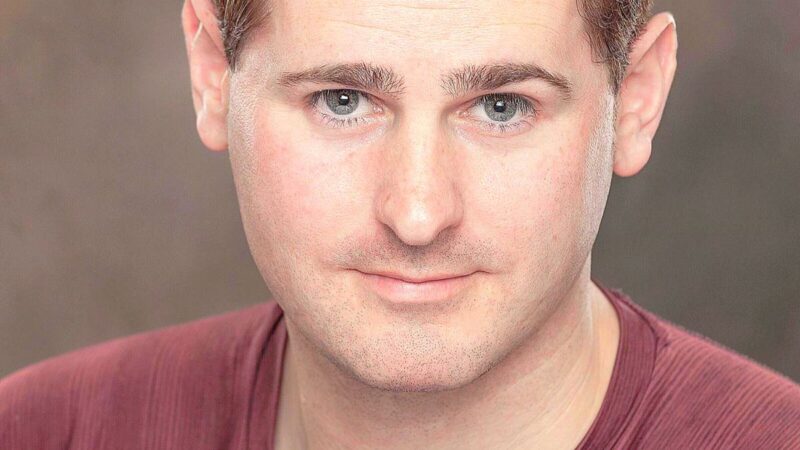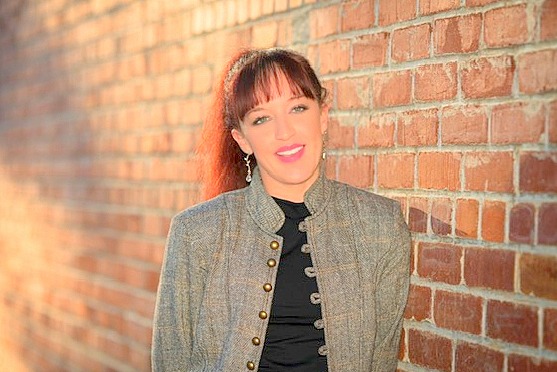
Leslie Anne Lee wrote her first book at age six (6) and won her first award in the second grade. Since then, her writing has flourished in ways she never envisioned. She has discovered that the true essence of writing is about crafting narratives that evoke emotions, provoke thought, and spark change. To date, she has prepared and published a total of seven (7) books. Besides writing novels, Ms. Lee also writes poetry, Op-Ed pieces, and literary essays.
indieactivity: Give an autobiography of yourself?
Leslie Ann Lee (LAL): I have always believed that stories have the power to shape worlds, heal wounds, and ignite revolutions. For as long as I can remember, I have been obsessed with telling them. My journey as a writer and filmmaker did not begin with grand plans or industry connections. It started with an insatiable love for words. As a child, I was the one scribbling in notebooks, weaving intricate tales in my head, and getting lost in books that transported me to different realities. I knew, even then, that storytelling was not just something I enjoyed—it was something I needed to do.
I started my “career” as a novelist, crafting worlds that existed somewhere between myth and memory, fantasy and reality. My books, including Child of Dawn, Silken Waters, The Rock and the Wind, and Demons in the Hog Shed, explore themes of resilience, identity, and the unbreakable human spirit. Each story I write reflects my belief that even in the darkest of times, there is always light—if only we dare to seek it.
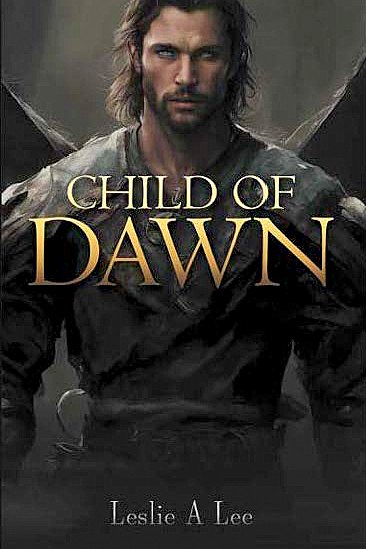
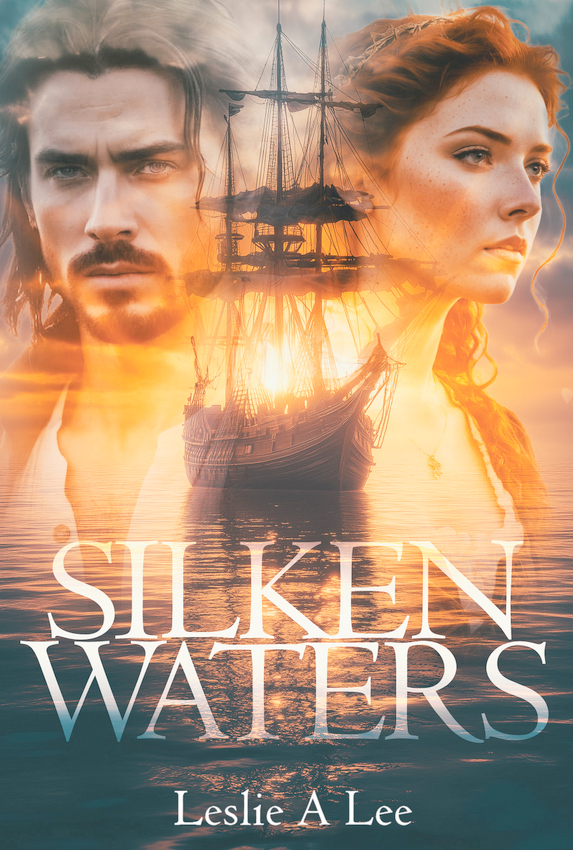
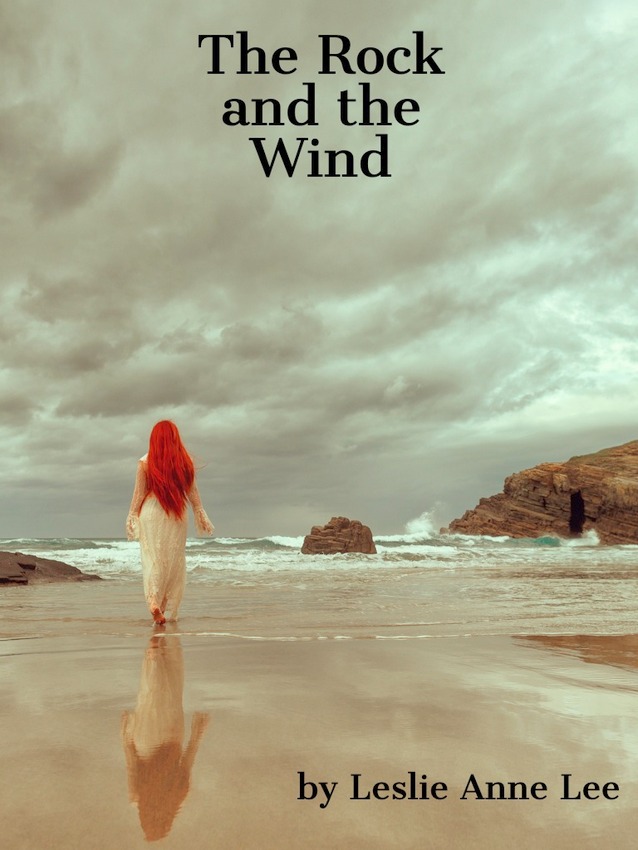
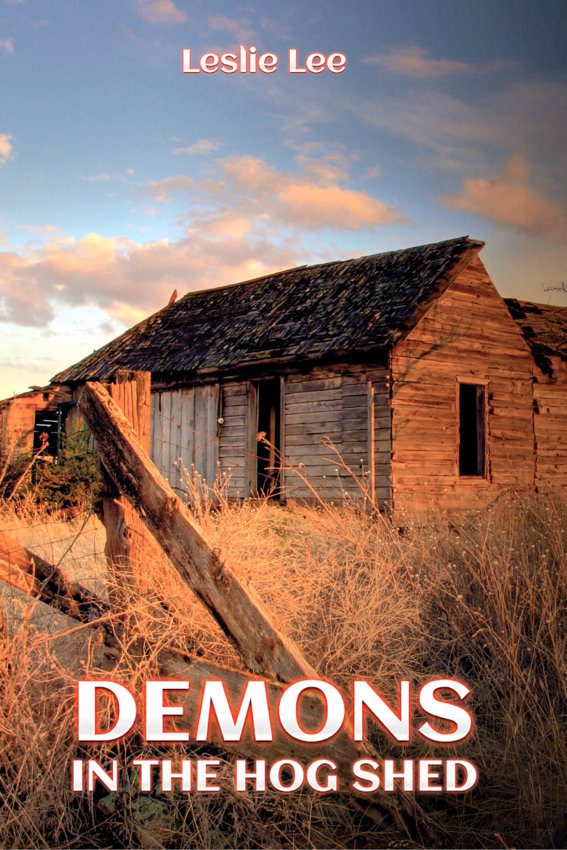
Child of Dawn, Silken Waters, The Rock and the Wind, and Demons in the Hog Shed
However, my love for storytelling didn’t stop at the page. Film has always been a natural extension of my creative vision. There is something magical about bringing stories to life visually—the way a camera captures raw emotion; the way a well-written scene lingers in the minds of an audience. As a screenwriter, I have worked both behind the scenes and at the forefront of storytelling, helping to shape scripts that breathe life into unforgettable characters and cinematic moments.
The journey hasn’t been without challenges. I spent years writing in the margins of life, juggling projects, honing my craft, and learning that the creative process is equal parts discipline and inspiration. So, I know the struggles of self-doubt, rejection, and the relentless pursuit of perfection. I also know the thrill of creation, the joy of seeing words transform into something tangible, and the sheer exhilaration of knowing a story has moved someone deeply. Today, I not only continue to write and create but also mentor other writers and filmmakers. I want to help them navigate their own storytelling journeys. I believe that stories—whether in books or on the screen—have the power to change the world, one heart at a time.
Tell us about your books currently on the shelves?
Leslie Ann Lee (LAL): TChild of Dawn: Set in the enchanting yet perilous world of the Vale, this captivating story weaves together themes of love, identity, and destiny. The protagonist embarks on a journey of self-discovery, confronting ancient magic and contemporary challenges. This novel is the first in the Legends of the Vale series.
Silken Waters: The much-anticipated sequel to Child of Dawn, this novel continues the adventure in the mystical land of the Vale. A masterful blend of fantasy, mystery, and magic, capturing the spirit of seafaring adventure. Readers are drawn deeper into a world where camaraderie, love, and power intertwine.
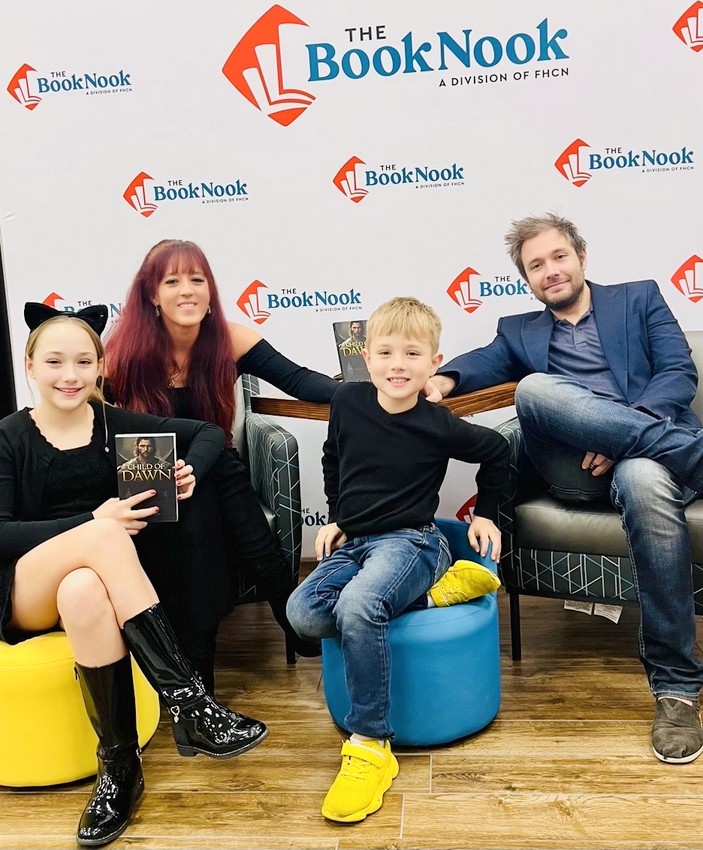
The Rock and the Wind: A poignant novel set against the stunning backdrop of Maine’s coastline. The story explores themes of love, resilience, and personal growth, focusing on the character of Atticus, who embodies the promise that average people can find love. Through the main character’s journey, readers are invited to believe in the transformative power of love and the expansive capacity of the human heart.
Demons in the Hog Shed: This is a compelling novel that artfully weaves together past and present narratives. The story delves into the complexities of human experience, exploring themes of memory, identity, and the lingering impact of past events on the present.
What was an early experience where you learned that language had power?
Leslie Ann Lee (LAL): One of the first times I truly understood the power of language was when I saw how words could change emotions, perspectives, and even outcomes. As a child, I loved storytelling, but I did not yet realize its impact. That changed when I wrote something—a short story—that moved someone to tears. Seeing that reaction made me realize that words were not just symbols on a page; they could reach people, affect them, and stay with them. Another moment was witnessing how a well-crafted argument could change minds.
What kind of research do you do, and how long do you spend researching before beginning a book?
Leslie Ann Lee (LAL): Research is an essential part of my writing process, and the depth of research depends on the genre and subject matter of the book. For historical fiction or fantasy, I dive into:
Books and Academic Sources—Reading history books, mythology, cultural studies, and scholarly articles. Visual Research–Studying historical images, clothing, architecture, and settings to ensure accuracy.
First-Person Accounts–Reading diaries, letters, or interviews from people who lived during the time period.
Speaking to research, It varies! Some books require weeks or even months of intensive research, while others allow me to research as I go. If the world-building is complex, I may spend months researching before writing the first word. If I am writing something within my comfort zone, I jump in faster and research details as needed. Ultimately, research is not just about facts but also authenticity. Even in fiction, readers can tell when a story feels real, and that is why take research seriously.
When did you first realize you wanted to be a writer? How long were you a part-time writer before you became a full-time one? Do you hear from your readers much? What kinds of things do they say?
Leslie Ann Lee (LAL): Storytelling has always been part of who I am. As a child, I was the one inventing worlds, writing stories in notebooks, and daydreaming elaborate plots. The moment I truly realized I wanted to be a writer was when I saw how powerful words could be—how a story could make someone feel, think, and even change their perspective on the world. I think I was a junior in high school at that time. As to part-time writing, like many writers, I started writing in the margins of life—early mornings, late nights, and in between other jobs. It took years of persistence, rejections, rewrites, and growth before I transitioned into writing full-time.
I spent a significant time honing my craft while juggling other responsibilities, but every step—from part-time writing to full-time storytelling—was part of the journey. I think I have been writing for twenty plus years now. It is still not the breadwinning career, but it has improved massively from scrawling in notebooks. As to my readers, yes, I do get feedback! One of the most rewarding parts of being a writer is hearing from readers. They reach out through emails, social media, and even in person at events. Some tell me how a particular book resonated with them, helped them through a tough time, or inspired them to start writing their own stories.
Others ask about character backstories, alternate endings, or the deeper meanings behind certain scenes. I love when readers connect with my work in ways I did not even anticipate. Sometimes, they see things in the story that even I didn’t fully realize I had woven in. That’s the magic of storytelling: once a story is out in the world, it takes on a life of its own.
What is the most difficult part of your artistic process? What is your work schedule like when you are writing?
Leslie Ann Lee (LAL): The hardest part of my artistic process is letting go. When you create something—whether it is a book, screenplay, or even a single scene—you pour yourself into it. You refine, tweak, and obsess over every word, every character arc, and every emotional beat. But at some point, you have to release it into the world. That is terrifying because once it is out there, that leaves you open to interpretation, criticism, and scrutiny. Another challenge is self-doubt—the voice that whispers, “Is this good enough?”. The trick is to push through and trust the process. Perfection is the enemy of completion, and sometimes, you just have to finish and move forward.
Regarding my writing quirk, I will act out their dialogue, test different tones, and even pace around the room as if I’m in the scene. Sometimes, I play music that matches the mood of a scene and close my eyes to play it out in my head like a movie before writing it down.
Finally, as to the work schedule, I write best late at night or in the early morning hours when the world is quiet. There is something about the stillness that allows ideas to flow without distractions. In the morning, I have coffee, review what I wrote the night before, and do light edits. During the afternoon, I conduct administrative work (emails, research, marketing, consulting). When evening comes, I am in deep writing mode—this is when I get lost in storytelling. I may write for hours without realizing how much time has passed.
Talk to us about your business, how it began, and why? Plus what is its future?
Leslie Ann Lee (LAL): Writing is not just a passion for me—it’s a business, a career, and a mission. My journey as a professional writer started much like many others: with a love for storytelling and a relentless need to create. I did not step into this business with a roadmap. But, I started by writing because I couldn’t not write—it was in my bones, my breath, and my very being. I began crafting novels and screenplays, learning the ins and outs of storytelling while juggling other commitments.
Like any business, it started small: a few book projects, early collaborations, and the slow build of industry relationships. At its core, my business exists because stories matter. They entertain, educate, inspire, and challenge perspectives. Whether in books or on screen, stories have the power to make people feel deeply, and that is why I do what I do. Beyond creating my own works, I also wanted to help others in the industry. That is why I mentor, consult, and work with new writers and filmmakers—because storytelling is an art that should be nurtured. I know so many people locally, that are so gifted – they just need to be seen.
Looking at future endeavors – more books. I am continually developing new stories that push creative boundaries and explore untold perspectives. Currently I am working on books three and four in The Legends of the Vale series. I am also working on bringing my stories to the big screen, whether through adaptations of my books or original screenplays. Currently, I am really pushing for the Child of Dawn screenplay to get picked up. After that, anything goes!
Do you want each book to stand on its own, or are you trying to build a body of work with connections between each book? What are you trying to achieve with these bodies of work?
Leslie Ann Lee (LAL): Both. Each of my books is crafted to stand on its own, allowing readers to experience a complete, immersive story with a distinct beginning, middle, and end. However, I also weave subtle connections, recurring themes, and underlying threads between them, creating a larger, interconnected literary world for those who wish to explore deeper. In the case of The Legends of the Vale series, there is an entire world that is connected through the four books, but each book focuses on a set of characters.
What does literary success look like to you? Do you believe in writer’s block? What does a script Doctor do?
Leslie Ann Lee (LAL): Literary success is not just about bestsellers, awards, or Hollywood deals—though those are wonderful milestones. To me, success is impact. It is about crafting stories that resonate with people, that stay with them long after the last page or final scene. If my work inspires someone, helps a filmmaker tell a better story, or encourages a writer to keep going, that is real success. It is about leaving a legacy of meaningful storytelling and nurturing the next generation of creatives.
Speaking to writer’s block, I believe in writer’s resistance, but I do not believe in the idea that a writer is completely “blocked.” Writing is like any other creative discipline—it has ebbs and flows. Sometimes, the words come effortlessly; other times, you have to dig deep.
So, yes, the term script doctor does sound mystical, right? In a way, it is! A script doctor is someone who comes in to fix a screenplay—whether it is structural issues, weak dialogue, pacing problems, or character inconsistencies. Think of it as surgery for a script- sometimes it needs a minor tweak, and other times, it needs a total reconstruction. A script doctor’s role is to improve the storytelling while maintaining the writer’s original voice. In Hollywood, script doctors are often brought in at the last minute to salvage a struggling project before production begins. In indie filmmaking, a script doctor can transform a script from good to great, making it stronger, tighter, and more marketable. It’s a combination of writing expertise, story analysis, a deep understanding of cinematic storytelling, and a little magic.
Do you still write for TV, Film, and Cinema? Do you mentor writers? What advantages do your books give the independent filmmaker? Why should they buy them? Use them? or reference them?
Leslie Ann Lee (LAL): Yes! I am still actively writing for TV, film, and cinema, crafting stories that engage, inspire, and challenge audiences. My passion for storytelling extends beyond my own projects—I also mentor writers, helping them sharpen their craft, refine their scripts, and navigate the entertainment industry. Specifically, I mentor high school students, encouraging and teaching them how to hone their writing skills.
Indie filmmaking is a model of zero or small budget. How do you get a film to the audience with such a budget?
Leslie Ann Lee (LAL): You utilize the following:
- Film Festivals and Screenings, along with DIY Theatrical Screenings. Also, digital streaming platforms.
- Crowdfunding and Community Support
- Leverage Social Media and Influencer Marketing
- Partner with Niche Communities
- Publicity and Guerrilla Marketing
How do you think filmmakers can finance their projects?
Leslie Ann Lee (LAL): You utilize the following:
- Independent Investors and Private Equity: Filmmakers can seek wealthy individuals or private investment firms willing to finance films in exchange for a percentage of profits. Investors are often interested in tax incentives or potential box office returns. Also, smaller production companies may co-finance films in exchange for creative collaboration and a share of profits.
- Crowdfunding: Platforms like Kickstarter, Indiegogo, and Seed & Spark allow filmmakers to raise money from individual supporters. You can offer perks like behind-the-scenes access, merchandise, or producer credits can help attract donors.
- Grants and Fellowships: Many organizations provide grants to filmmakers, particularly for documentaries, short films, or socially impactful projects.
- Tax Incentives and Rebates: Many states and countries offer tax credits and rebates to filmmakers who shoot in specific locations. Popular filming incentives exist in places like Georgia (USA), Canada, and the UK, which provide significant rebates on production expenses.
- Product Placement and Brand Sponsorships: Companies may fund part of a film in exchange for featuring their products on screen.
Let’s have your comments on the Leslie Ann Lee interview or on Facebook, Instagram, or Twitter.
Socials
Website
IMDb
Facebook
Instagram
YouTube
FILMMAKER INTERVIEWS

